Even the most celebrated chefs—those who dazzle diners with Michelin-starred meals and visionary creations—have their culinary boundaries. Behind their polished plates and world-class palates lie strong opinions and a few non-negotiables. Whether it’s an ingredient they simply can’t stand, a kitchen shortcut that drives them up the wall, or a trendy food habit they just don’t buy into, these personal “food icks” offer a revealing and often entertaining glimpse into the minds of culinary masters. After all, even the pros have preferences—and sometimes, aversions—that shape how they cook and what they refuse to serve.
In this exploration of culinary quirks, we dive into the pet peeves of some of the world’s most famous chefs. From Gordon Ramsay’s disdain for overcooked steak to Anthony Bourdain’s vocal rejection of certain condiments, these insights are as colorful as they are enlightening. You’ll discover what ingredients top chefs avoid at all costs, what food trends leave them cringing, and which kitchen habits they just can’t tolerate. Whether you’re a home cook or an avid foodie, learning what irritates the best in the business might just challenge your own habits—and give you a good laugh along the way.
1. Martha Stewart Refuses Truffle Oil
Martha Stewart is known for her exquisite taste and culinary expertise. However, she’s not a fan of truffle oil. The overpowering aroma and synthetic nature of most truffle oils don’t appeal to her refined palate. Truffle oil, often used to add an earthy flavor to dishes, doesn’t meet her standards for authenticity.
Truffle oil’s popularity has soared in the culinary world, but not in Martha’s kitchen. She prefers using real truffles, valuing their natural taste and complexity. Her rejection of truffle oil highlights her commitment to genuine flavors and quality ingredients. Martha’s culinary principles reflect her dedication to excellence.
2. Anthony Bourdain Loathed Airplane Food
The late Anthony Bourdain, a culinary globe-trotter, was no stranger to diverse cuisines. Yet, he despised airplane food. The bland, reheated meals served at high altitudes never satisfied his adventurous taste buds.
For Bourdain, airplane food symbolized the antithesis of culinary exploration. He often suggested eating before flights or carrying personal snacks to avoid the disappointment. This aversion to airborne meals spoke to his love for authentic, flavorful experiences. Bourdain’s disdain for airplane cuisine was rooted in his passion for quality and taste, preferring street food to in-flight meals.
3. Guy Fieri Won’t Touch Eggs
The spiky-haired host of “Diners, Drive-Ins and Dives,” Guy Fieri has a surprising dislike: eggs. Despite their culinary versatility, eggs don’t make it onto his plate. Something about their texture and taste doesn’t sit well with him.
Fieri’s aversion is unexpected given his love for bold flavors and hearty dishes. In his world of burgers and barbecue, eggs simply don’t belong. This quirky dislike adds a layer of mystery to his larger-than-life persona. His egg avoidance showcases how even culinary adventurers have their limits.
4. Alton Brown Despises Single-Use Kitchen Gadgets
Known for his scientific approach to cooking, Alton Brown has strong opinions about kitchen tools—especially single-use gadgets. He considers them a waste of space and prefers multifunctional tools that simplify cooking.
For Brown, a kitchen cluttered with gimmicky devices is a nightmare. He advocates for practical solutions and believes in mastering basic skills over relying on gadgets. His disdain for single-use items underscores his commitment to efficiency. This perspective aligns with his educational style, encouraging home cooks to think critically about their kitchen choices.
5. Gordon Ramsay Hates Pineapple Pizza
Gordon Ramsay, the fiery chef known for his culinary critiques, has a clear food aversion: pineapple on pizza. To him, the combination of sweet fruit and savory pizza is simply unacceptable. Ramsay’s strong opinion on this controversial pairing has sparked debates among food enthusiasts.
He believes in preserving the traditional flavors of pizza, emphasizing authenticity over experimentation. His rejection of pineapple on pizza reflects his dedication to culinary integrity, preferring classic ingredients that honor the dish’s origins.
6. Ina Garten Can’t Stand Cilantro
Also known as the Barefoot Contessa, Ina Garten has a well-known distaste for cilantro. The herb’s pungent flavor and aroma don’t align with her taste preferences. For Garten, cilantro overpowers the delicate balance of flavors she aims to achieve in her dishes.
This aversion is common, as some people perceive cilantro as soapy due to genetic factors. Garten’s dislike for cilantro highlights the subjective nature of taste, even among culinary experts. She often substitutes it with milder herbs to maintain harmony in her recipes.
7. Wolfgang Puck Rejects Processed Cheese
Wolfgang Puck, a pioneer of modern fusion cuisine, turns his nose up at processed cheese. The artificial taste and texture don’t meet his high standards for quality ingredients. Puck, known for elevating dishes with premium components, believes cheese should be authentic and flavorful.
Processed cheese, with its uniformity, lacks the depth he seeks. This preference underscores his dedication to culinary excellence and the use of genuine ingredients. Puck’s kitchens are a testament to the art of fine dining, where processed cheese has no place.
8. Jamie Oliver Banned Chicken Nuggets
A champion of healthy eating, Jamie Oliver has taken a stand against chicken nuggets. His mission to improve children’s nutrition led to their removal from school menus. For Oliver, chicken nuggets represent poor dietary choices and a lack of transparency in food production.
He advocates for whole foods and educates others on the benefits of cooking from scratch. His campaign against chicken nuggets reflects his commitment to healthier eating habits, especially for children. Oliver’s efforts have sparked conversations about food quality and nutrition.
9. Giada De Laurentiis Skips Coconut
Giada De Laurentiis, a household name on the Food Network, steers clear of coconut. The texture and taste don’t suit her palate, despite its popularity in many cuisines. Coconut’s distinct flavor profile is not for everyone, and De Laurentiis is no exception.
She often opts for alternative ingredients that align with her culinary style. Her avoidance of coconut underscores the idea that even chefs have personal preferences. De Laurentiis’s choice is a reminder that taste is subjective, even among culinary professionals.
10. Bobby Flay Can’t Handle Green Bell Peppers
Renowned for his bold Southwestern cooking, Bobby Flay surprisingly dislikes green bell peppers. Their distinct taste doesn’t mesh with his culinary creations. Flay’s aversion to these peppers is rooted in their overpowering flavor, which he believes can dominate a dish.
Instead, he favors more subtle ingredients that complement his dishes’ flavors. This preference highlights the importance of balance in cooking. Flay’s culinary choices emphasize harmony, allowing him to create dishes that resonate with his palate.
11. David Chang Hates Fancy Room Service
The mastermind behind the Momofuku empire, David Chang has no love for fancy room service. He finds it pretentious and overpriced, preferring simple, authentic meals. For Chang, elaborate room service fails to capture the essence of good food.
He believes in authenticity over presentation, valuing substance over style. This dislike aligns with Chang’s culinary philosophy, where flavor and authenticity reign supreme. His preference for straightforward dining experiences reflects his commitment to genuine cuisine.
12. Nigella Lawson Avoids Microwaved Food
Nigella Lawson, known for her sumptuous recipes, shies away from microwaved food. She believes it lacks the care and attention that good cooking demands. For Lawson, the microwave represents a shortcut that compromises taste and texture.
She values the process of cooking, where flavors develop and meld over time. Her avoidance of microwaves highlights her dedication to culinary artistry. Lawson’s commitment to traditional cooking methods resonates with those who appreciate the nuances of home-cooked meals.
13. Emeril Lagasse Dislikes Store-Bought Mayonnaise
Famous for his “Bam!” cooking style, Emeril Lagasse turns up his nose at store-bought mayonnaise. He finds it lacking in flavor compared to homemade versions. Lagasse’s preference for making mayonnaise from scratch is rooted in his belief in fresh, quality ingredients.
Store-bought options, he argues, don’t match the depth and richness of homemade. This choice reflects his dedication to culinary excellence. Lagasse’s insistence on homemade mayonnaise showcases his commitment to creating the best possible dishes.
14. Thomas Keller Bans Sriracha
Thomas Keller, a culinary icon, takes a firm stance against Sriracha. The hot sauce’s bold heat doesn’t fit his refined approach to flavor. Keller’s kitchens are known for subtlety and balance, where each ingredient plays a specific role.
Sriracha’s intensity, he feels, can overshadow other flavors. This rejection highlights Keller’s commitment to precision and harmony in cooking. His preference for nuanced flavors underscores his dedication to culinary mastery.
15. Rachael Ray Avoids Certain Seafood
Rachael Ray, the queen of quick meals, is selective about seafood. She avoids certain shellfish due to allergies and personal taste preferences. Ray’s cautious approach to seafood ensures her meals are both safe and enjoyable. Her ability to adapt recipes reflects her versatility and creativity in the kitchen.
This selectiveness showcases Ray’s attention to personal health and flavor. Her culinary choices demonstrate a thoughtful approach to cooking, accommodating both her needs and her audience’s desires.
16. Heston Blumenthal
Heston Blumenthal, a pioneer in molecular gastronomy, often challenges culinary norms. However, he avoids traditional British dishes like black pudding, favoring innovation. Blumenthal’s aversion to traditional fare reflects his passion for pushing culinary boundaries.
He values creativity and experimentation over conventional recipes. His unique approach to cooking has earned him a reputation as an avant-garde chef. Blumenthal’s distaste for the ordinary underscores his commitment to reinventing the culinary experience.
17. Padma Lakshmi Can’t Stand Pancakes
The elegant host of “Top Chef,” Padma Lakshmi surprisingly can’t stand pancakes. Their texture and taste don’t appeal to her breakfast preferences. Lakshmi’s avoidance of pancakes highlights her preference for more complex, savory morning meals. She often opts for dishes that offer a variety of flavors and textures.
Her dislike adds a personal twist to her public persona, showcasing that even culinary judges have quirks. Lakshmi’s breakfast choices reflect her sophisticated palate.
18. Alice Waters Boycotts Out-of-Season Produce
Alice Waters, a pioneer of the farm-to-table movement, firmly rejects out-of-season produce. She believes in using fresh, local ingredients that reflect the seasons. Waters’ commitment to seasonal produce is rooted in her philosophy of sustainable, flavorful cooking. She advocates for supporting local farmers and minimizing environmental impact.
This practice highlights her dedication to quality and authenticity. Waters’ culinary choices emphasize the importance of respecting nature’s cycles in the kitchen.
19. Marcus Samuelsson Rejects Factory-Farmed Chicken
Marcus Samuelsson, a celebrated chef with Ethiopian roots, firmly rejects factory-farmed chicken. He prioritizes ethically sourced, flavorful meat. Samuelsson’s aversion to industrial farming practices stems from his commitment to quality and sustainability.
He believes in knowing where his ingredients come from. This preference reflects his dedication to conscientious cooking. Samuelsson’s choices support ethical farming and highlight the importance of transparency in the food industry.
20. José Andrés Refuses Farmed Salmon
José Andrés, a champion of sustainable seafood, refuses to use farmed salmon. He values the superior taste and environmental benefits of wild-caught fish. Andrés’ rejection of farmed salmon is aligned with his advocacy for ocean health.
He promotes responsible fishing practices and the use of sustainable ingredients. This choice underscores his commitment to environmental stewardship. Andrés’ culinary philosophy emphasizes the importance of preserving natural resources and supporting ecological balance.
21. Yotam Ottolenghi
Celebrated for his vibrant Middle Eastern dishes, Yotam Ottolenghi avoids using pre-packaged spices. He believes fresh, whole spices bring out authentic flavors. Ottolenghi’s culinary philosophy embraces the complexity and richness offered by freshly ground spices.
Pre-packaged ones, he argues, lack the depth and aroma he seeks. This preference highlights his dedication to authenticity and flavor. Ottolenghi’s kitchens are renowned for their bold, aromatic dishes that celebrate fresh ingredients.
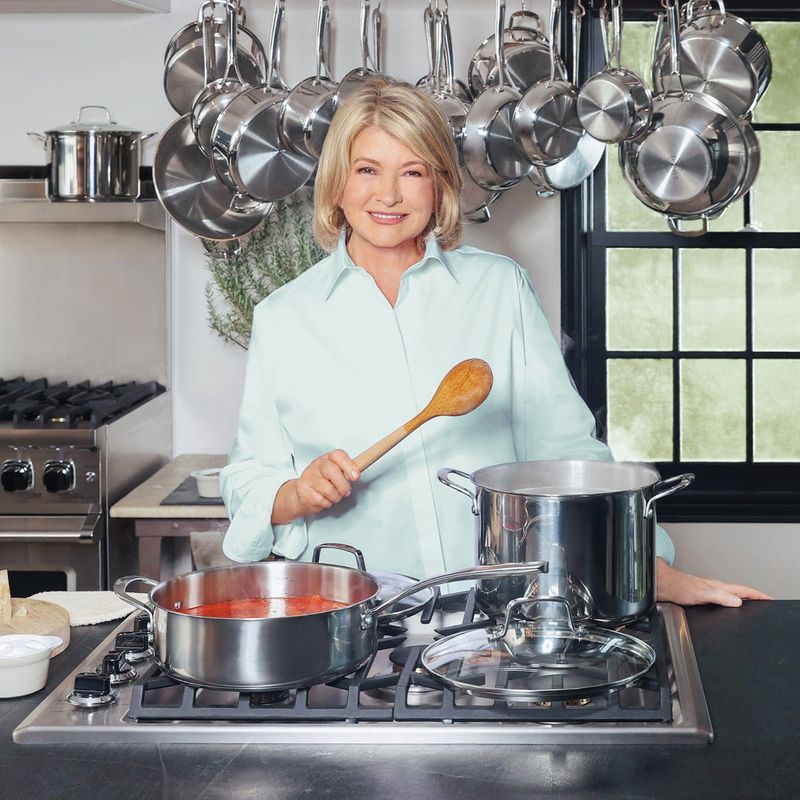
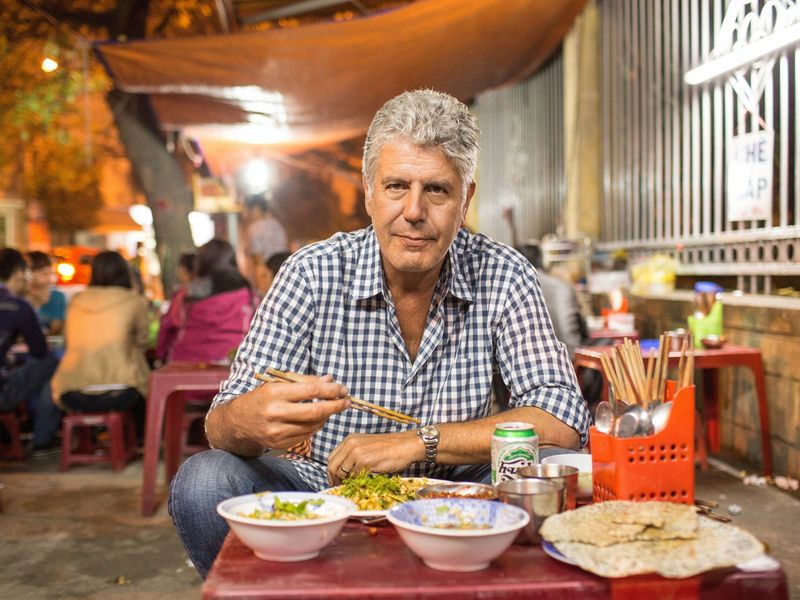
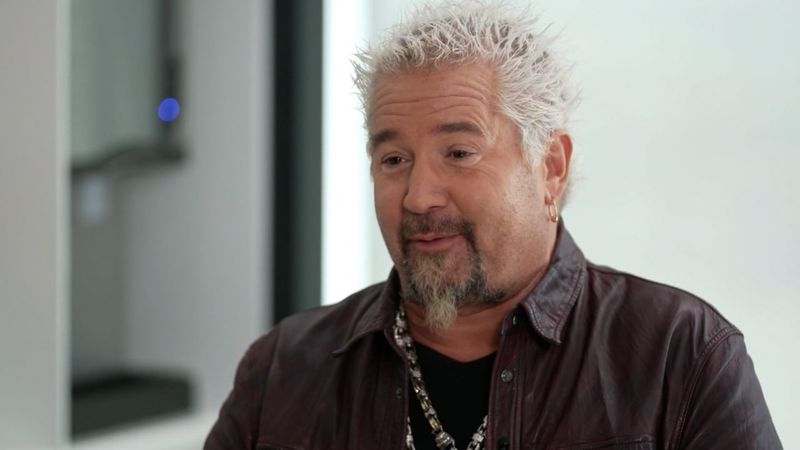
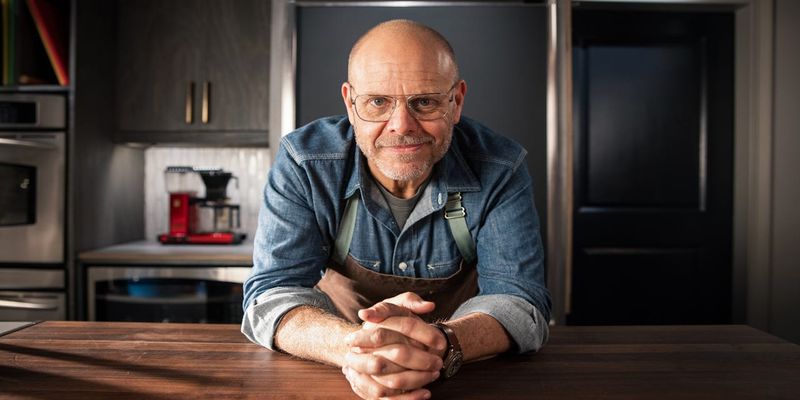
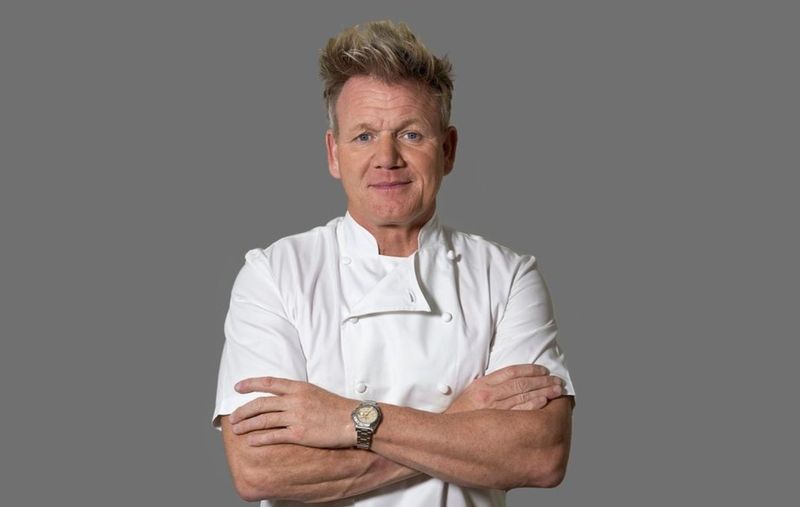
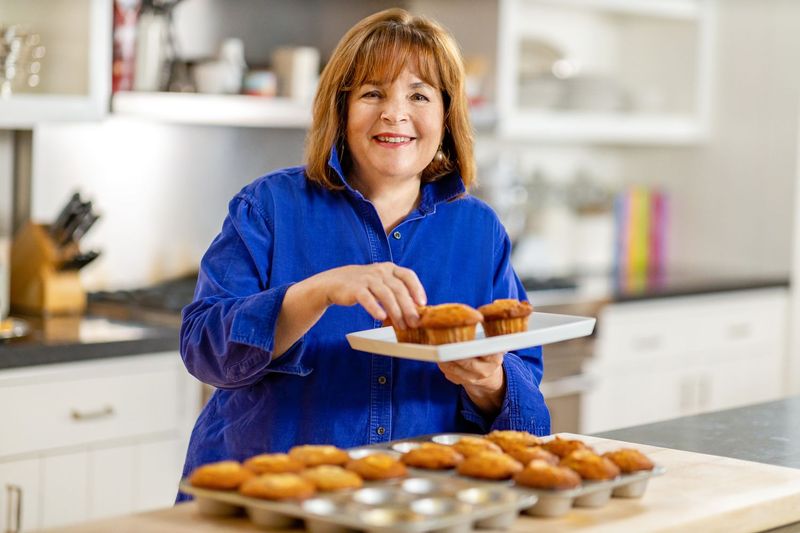
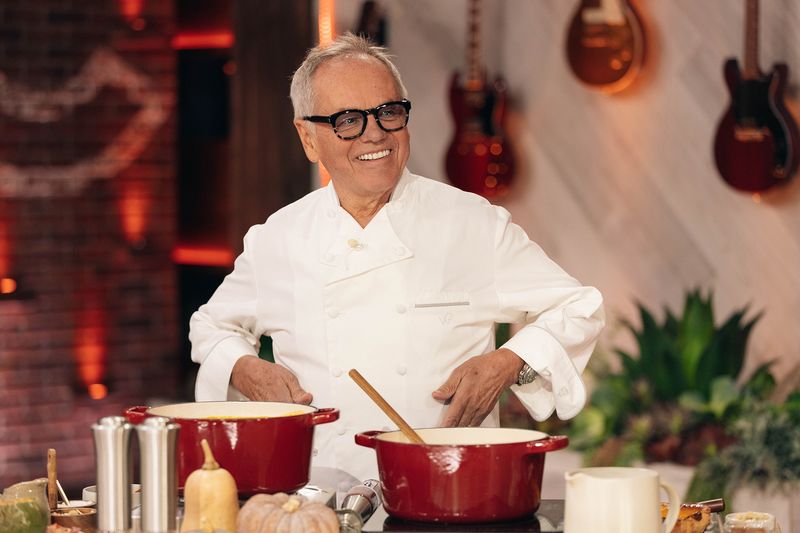
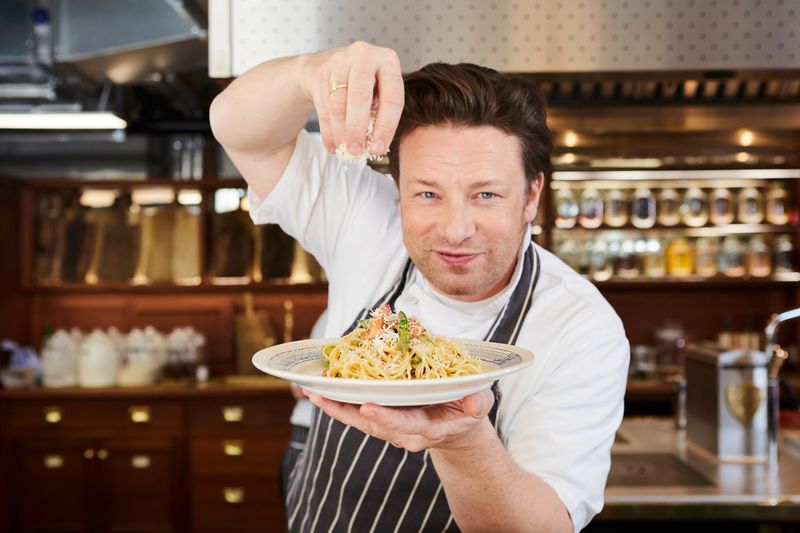
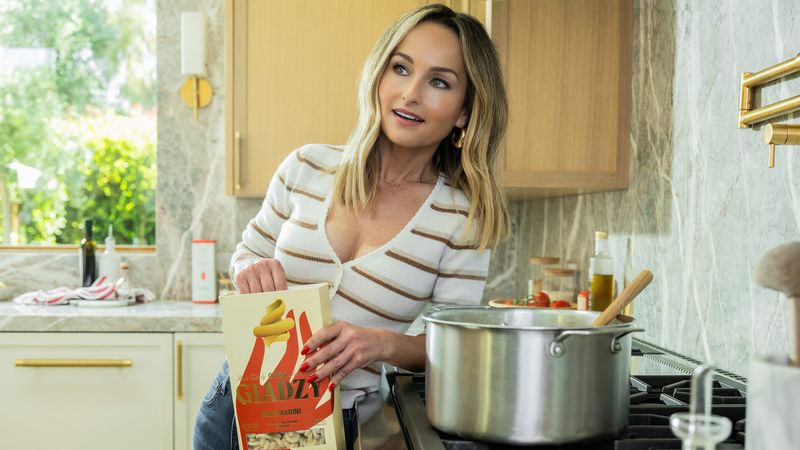
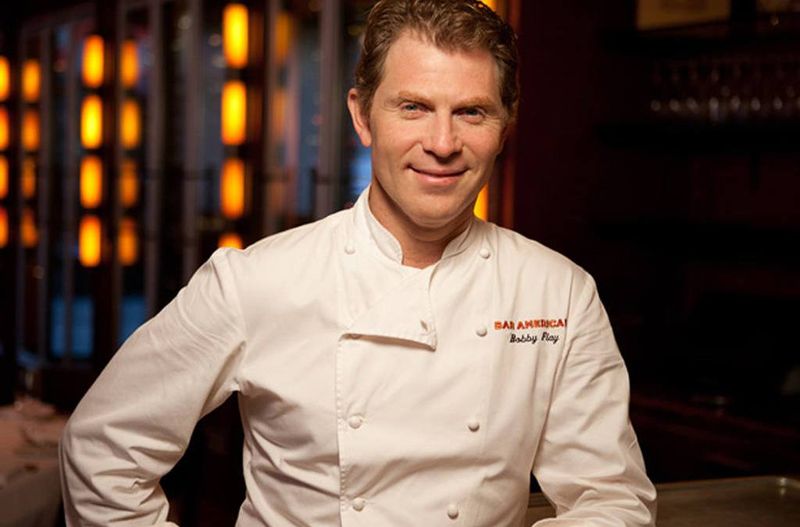
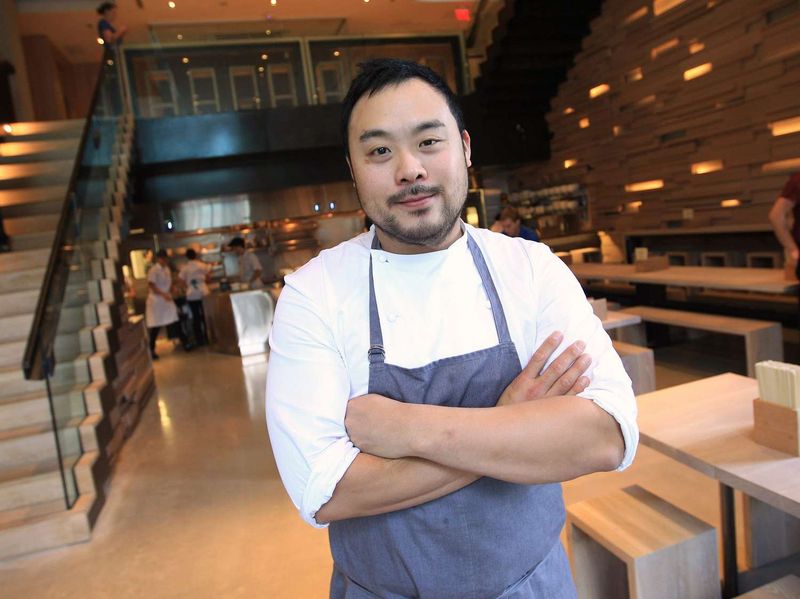

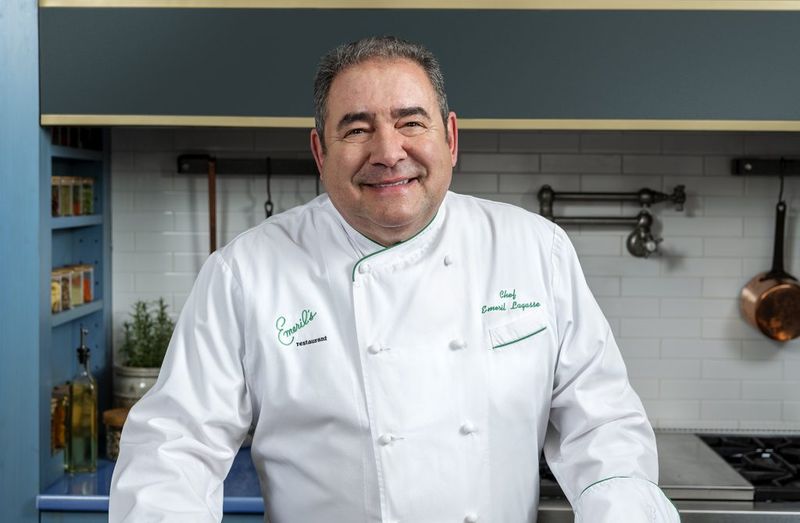
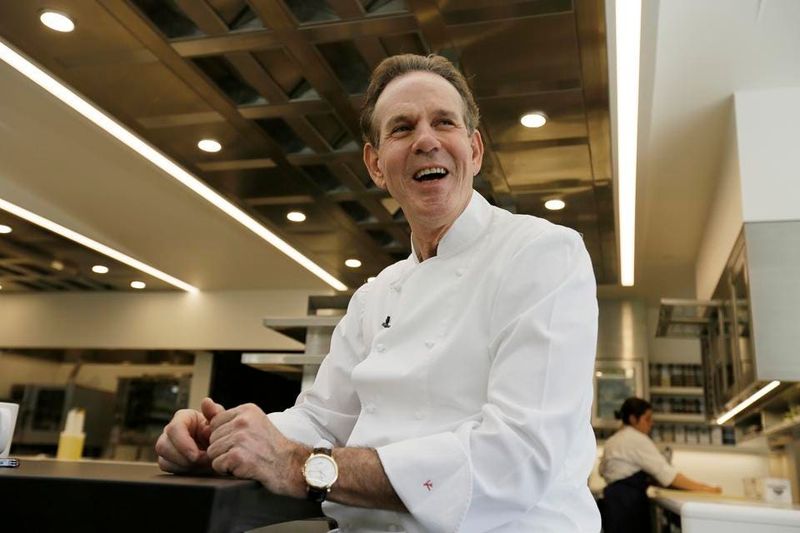
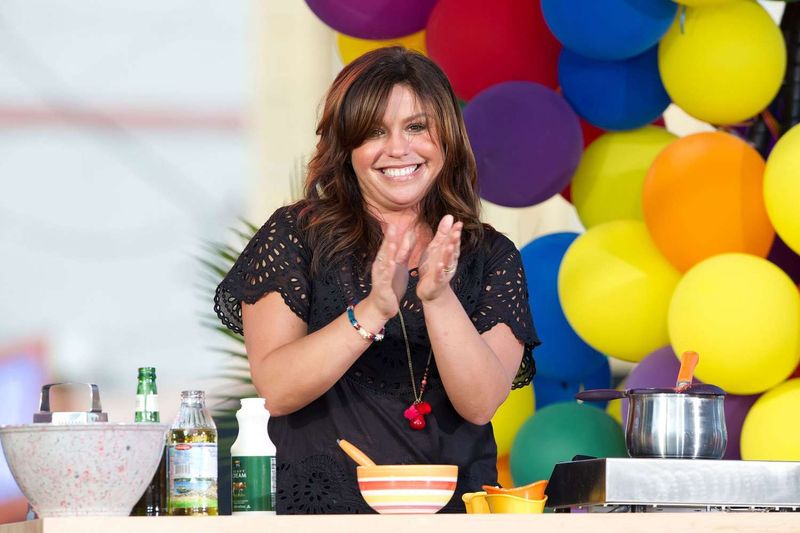
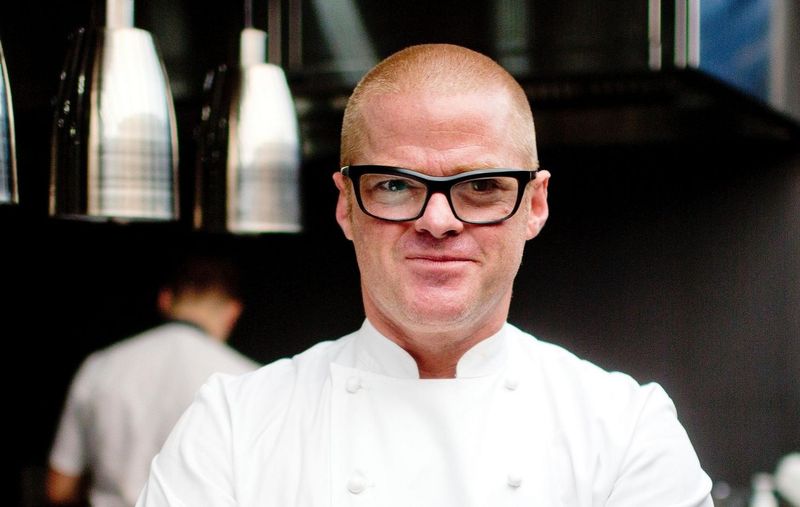



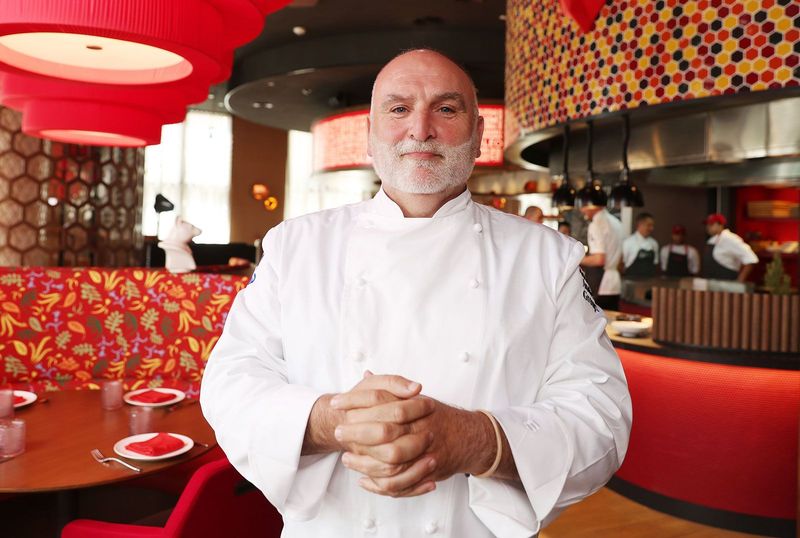
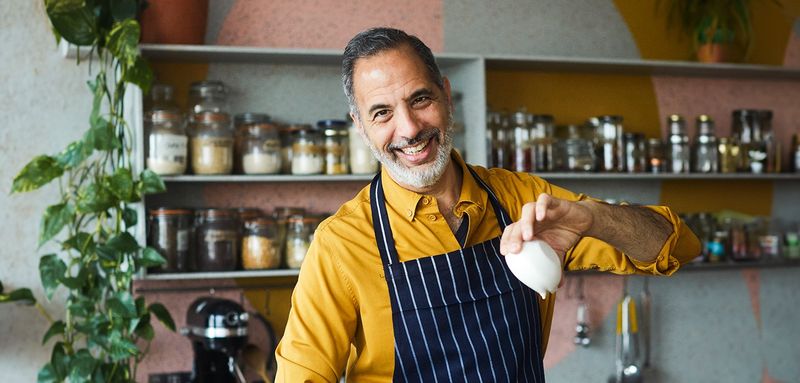
Leave a comment